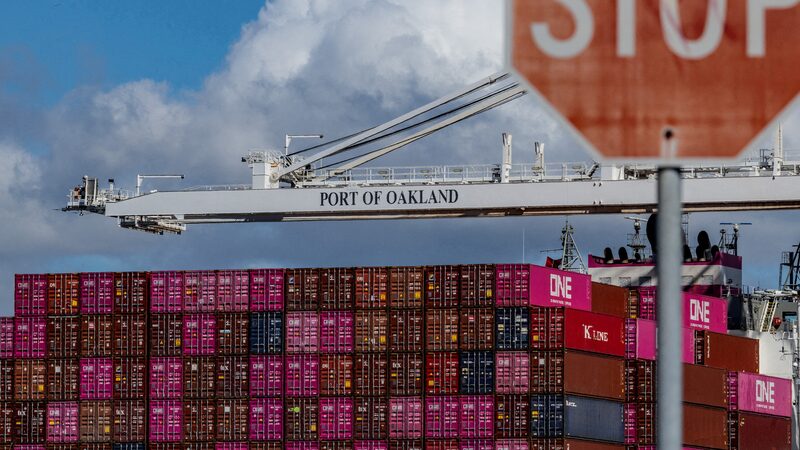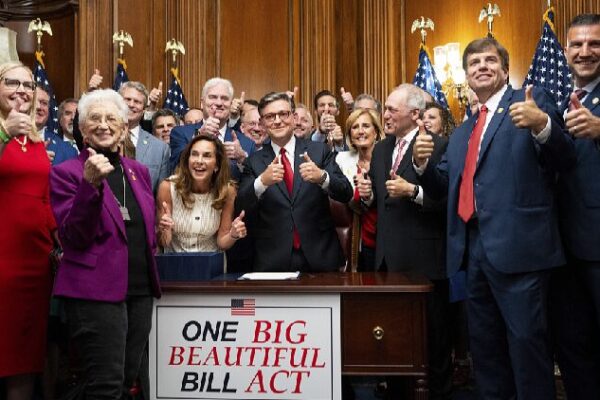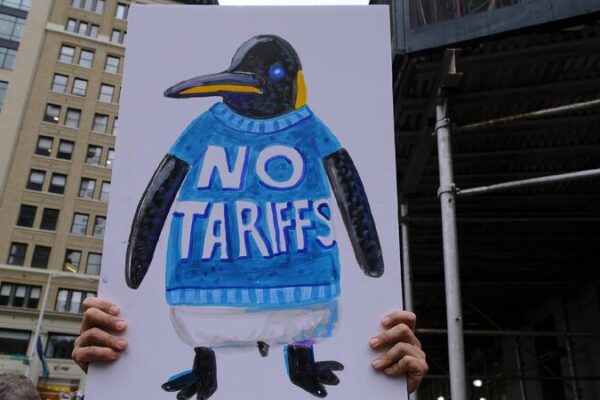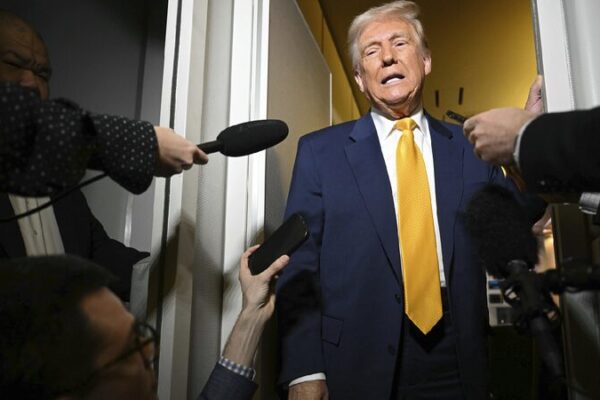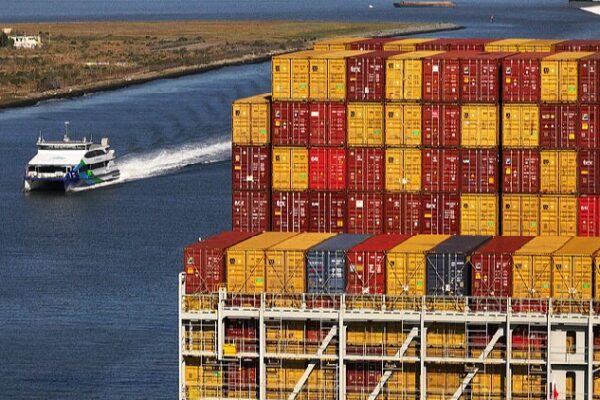U.S. President Donald Trump has declared April 2 as ‘Liberation Day’, announcing a sweeping set of reciprocal tariffs on imports from all countries, including traditional allies and rival economies alike. The unexpected move has sparked a mix of reactions among Americans, with many expressing concerns over potential impacts on the economy and everyday life.
“I’m worried about the prices of goods going up,” said Jessica Martinez, a college student from Virginia, speaking outside the White House. “Tariffs might protect some jobs, but they could also make things more expensive for everyone.”
Tom Bradley, a small business owner from Maryland, shared similar concerns. “Our supply chains often rely on imported materials,” he explained. “If tariffs increase our costs, we might have to raise prices or even cut jobs.”
However, some Americans support the President’s decision. “It’s about time we stood up for ourselves,” said Mark Johnson, a factory worker from Ohio. “Other countries have been taking advantage of us for too long.”
Economists warn that the broad application of tariffs could lead to trade tensions and retaliation from other nations. “This approach is unprecedented,” said Dr. Emily Chen, a trade analyst. “Tariffs on such a wide scale could disrupt global markets and harm economic growth.”
As April 2 approaches, many are watching closely to see how these tariffs will unfold and what the long-term effects might be. The decision underscores the ongoing debates about trade policy and its impact on both domestic and international economies.
Reference(s):
cgtn.com
